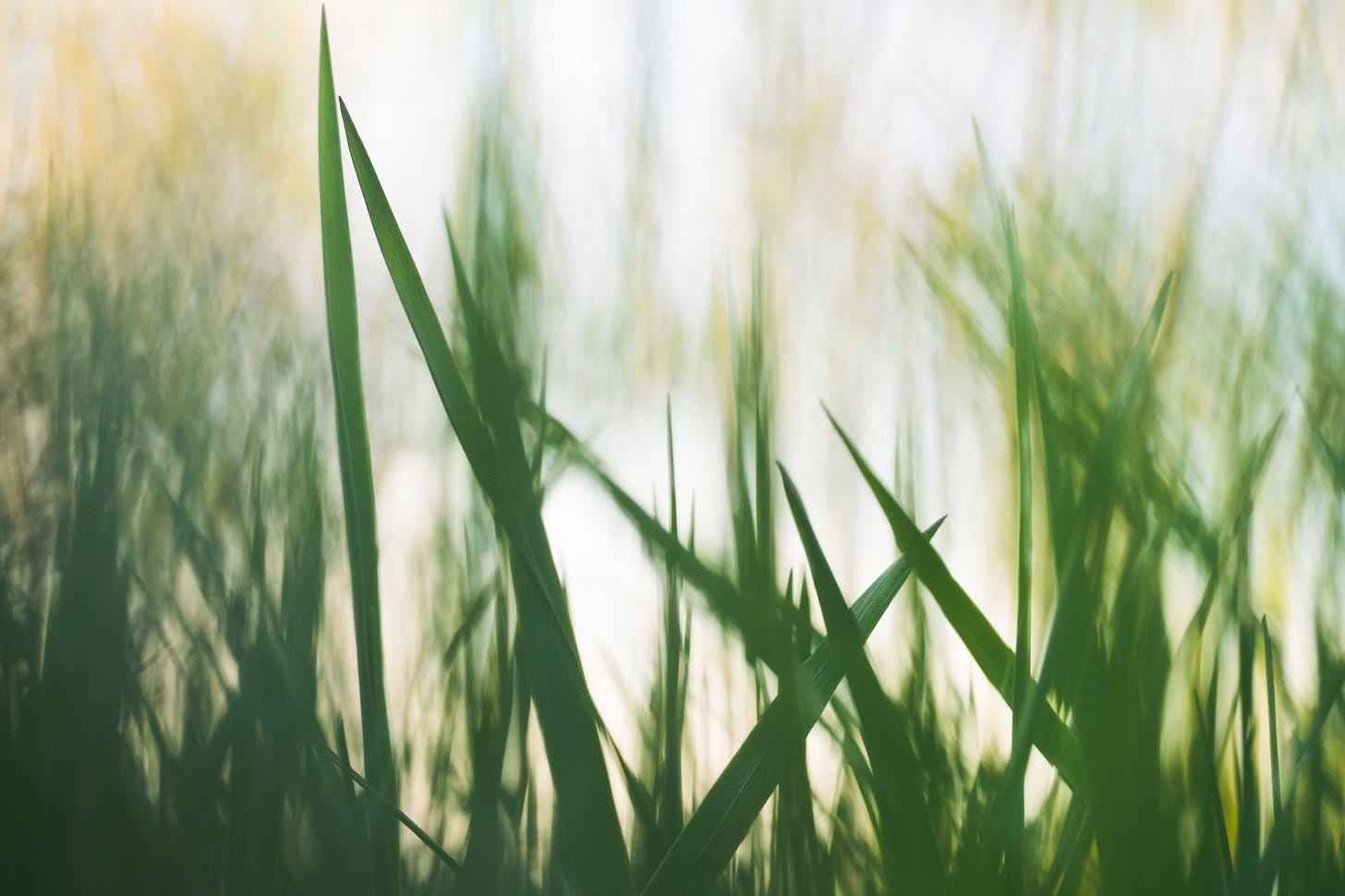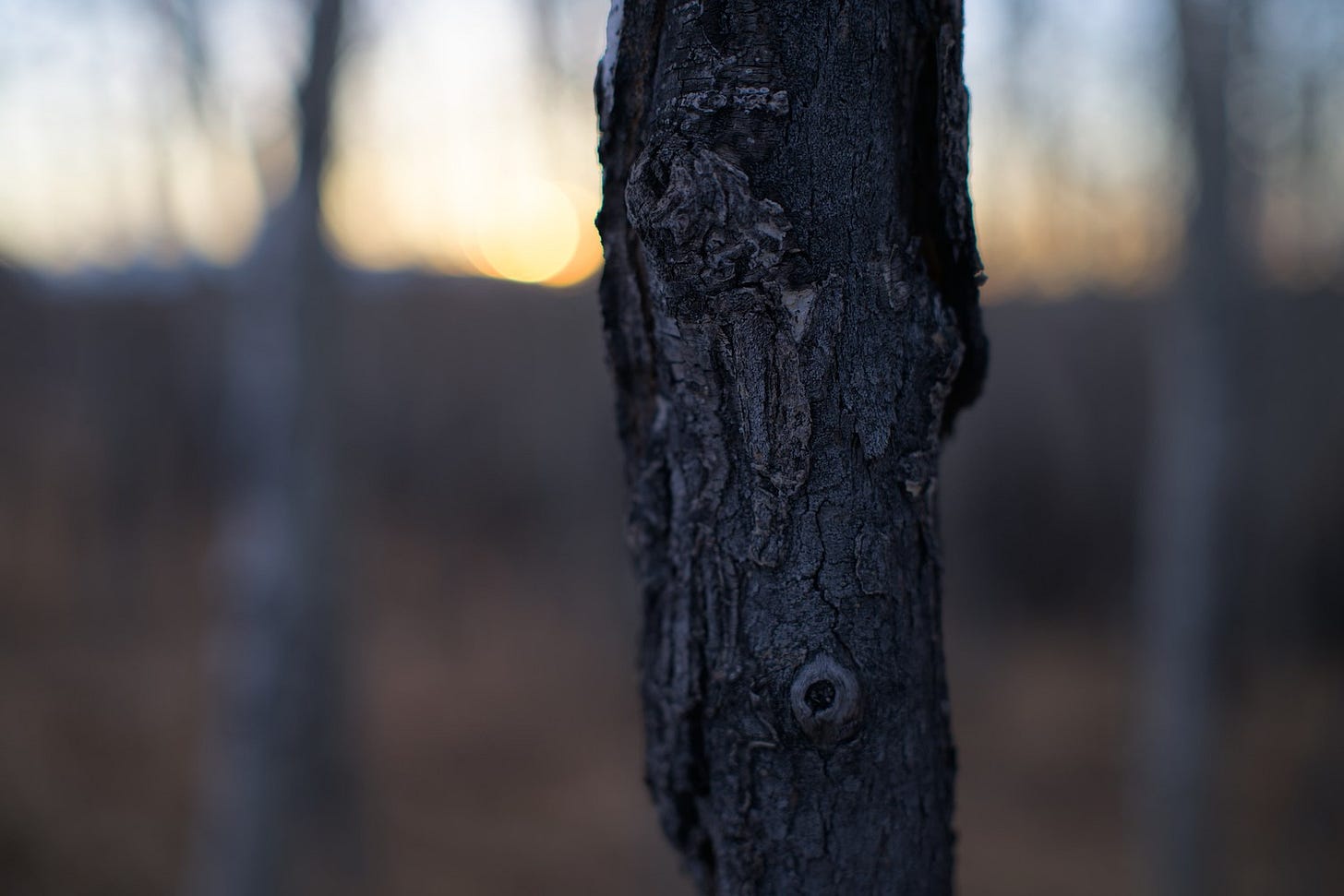The internet has had a profound impact on human life, and photography is no exception. But is this impact an overall positive? It has allowed us to pretty much share images with anyone in the world. And over the years, I've made some contacts on the internet and enjoyed their photography a lot. Not to mention that my entire job is writing for an online photography magazine, which by the way is an awesome job to have!
But...the truth is, I think the negatives of the internet as it is today outweighs the positives. At least personally, I've realized that the vast amount of photography out there isn't very interesting to me. And that's certainly not because it's not good! Heck no, the photography being put out there is quite good. But because of the global nature and impersonal nature of the internet, I find I have a hard time caring about anything that's actually put out there, with some exceptions of course.
This is a perfect example of how communication technology reduces our ability to connect with and enjoy art. Indeed, art itself is a communications medium but meant to communicate human experience. When the experience is transmitted by people you know or people who have something in common with you such as living nearby, then the experience transmitted by photography is really quite interesting. But when the experience is much more anonymous and isolated from a life that you can almost certainly never connect to, it becomes much less interesting. It's just human nature: people like to think that the final piece of art is the only thing that matters. And in a sense, that's true: when we're just talking about the stimulation of the physical senses such as vision and hearing, the main thing that matters is really the final product.
But art, to be fully enjoyed, also needs to be connected with the viewer in some way. Now, the ways in which art can be connected are myriad. For example, the classic painters such as van Gogh and Rembrandt are interesting not just because of the visual beauty of their paintings, but because of the historical context of their paintings too. They were people who struggled to create their own style in art and develop something within a context that we can recognize.
Now, imagine if the classic master paintings never existed, and tomorrow someone generated a bunch of "paintings" with AI that looked exactly like those classics. Would they be interesting? Not so much. Of course, they might have something interesting in them visually, but they would not have the significance that they do today.
Like it or not, art must have some connecting significance in some way to the viewer to be truly enjoyed beyond the visual level, even though some people are staunchly against the idea because it's disturbing, especially in a world that is so disconnected.
And disconnection is exactly why photography is suffering because of the internet: the internet dilutes the human experience, reduces the immediate value of nearby, genuine connections, and replaces it with an alien landscape. Yes, the photos that can be seen nowadays are exceptional because they are selected from a global pool, but from the viewer's point of view, they might as well have been generated by AI precisely because their creators are so anonymous.
How can we reconcile this devaluing of photography with some of the seeming benefits of the internet? I'm not sure we can. Yes, there are some apparent benefits of the internet such as the ability to share, but that hasn't changed for decades. What is changing is the nature of the internet to be even more efficient at devaluing the individual, with its increasingly algorithmic and automatic nature, now being brought to a new level with AI. Thus, the negative effects of the internet are only getting worse, while the positive effects remain relatively small and constant.
Simply put, human beings cannot handle the global and instantaneous nature of the internet. In the absolute least, we would have been better staying at 56K modem speeds and forgoing broadband altogether.
This implies that too much time viewing photos on the internet is ultimately harmful for your own photography, if you're a photographer (or any artist). Thus, I think the best solution on a personal level is just to view less photography on the internet and refrain from participating, as much as possible, in the type of sharing that plays into the workings of the big, soulless algorithms such as those used on social media like Instagram.
Sadly, I don't think there is any societal solution that is of a reformist nature. But I will say one thing: taking at least two days of the week without any internet usage whatsoever could be one of the best things you could do for your own creative spirit and for your general health.





